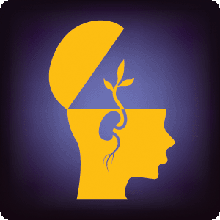| Magazine Home I Links I Contact Us |
|
Home |
What Is Neurogenesis?
For more than a century, medical science firmly believed that we were born with all the brain cells we would ever have. Once they are lost, they cannot be regenerated. That belief has changed. About 20 years ago, research on the ability of adult songbirds to learn new songs showed that their brains created new cells and that these neurons helped them form memories of the new songs. This opened up debate on whether the same process occurred in humans. Research over the last decade has produced growing evidence that the adult human brain creates new neurons, a process known as neurogenesis. Many of these newborn cells die shortly after their birth. In fact, more die than survive. To live and become part of the working brain, a new neuron needs not only support from neighboring glial cells and nutrients from blood, but also, and more important, connections with other neurons. Without these connections, neurons wither and die. Research to date suggests that the most active area of neurogenesis is the hippocampus, a region deep within the brain involved in learning and memory. Research has shown that thousands of new cells are produced in the hippocampus each day, although many die within weeks of their birth. The finding that the adult human brain regenerates new cells suggests new therapies for repairing the aged or damaged brain. Degenerative brain diseases, such as Parkinson's, are defined by the loss of neurons.
|
| Home A B C D E F G H I J K L M N O P Q R S T U V W X Y Z |